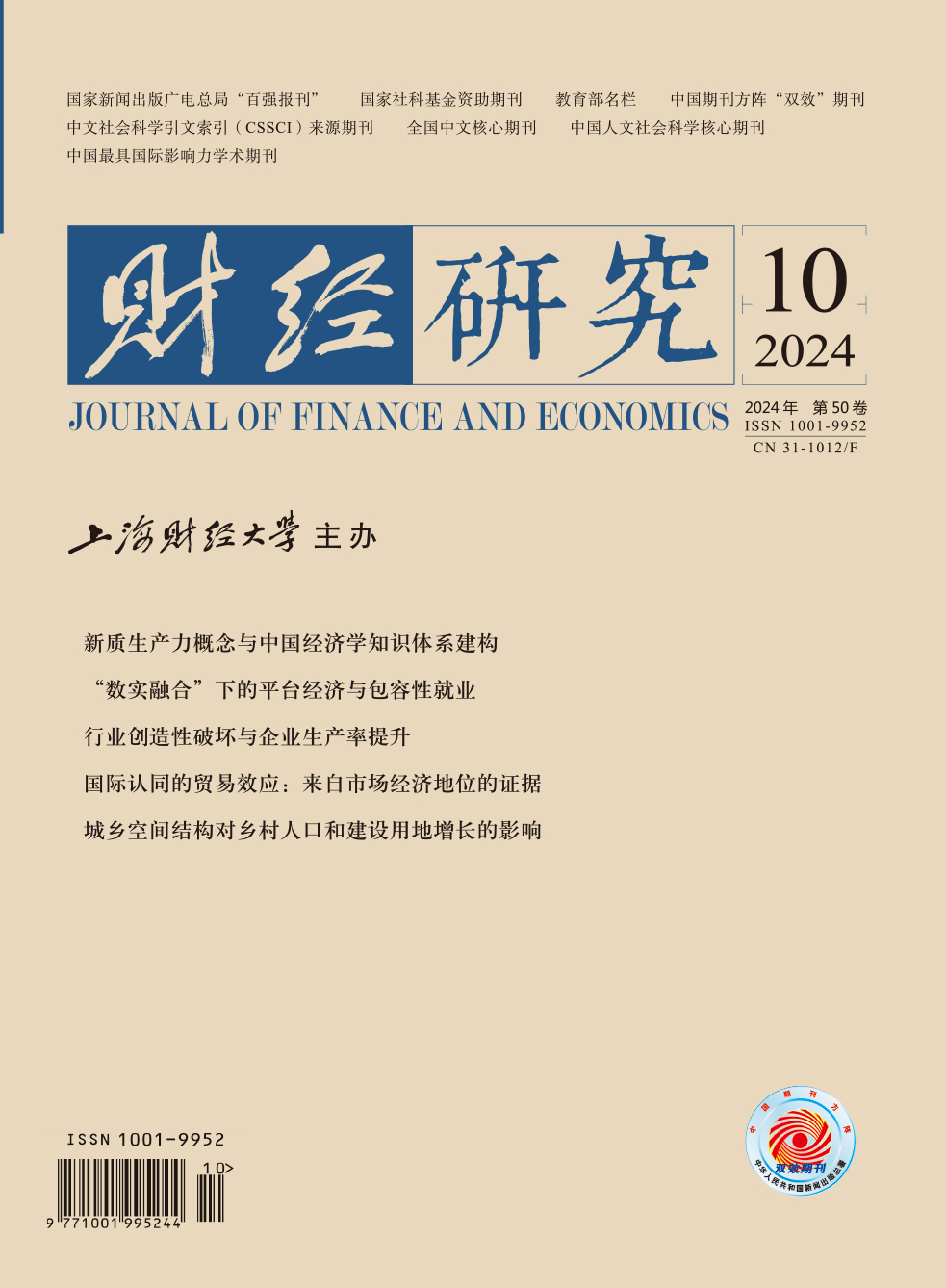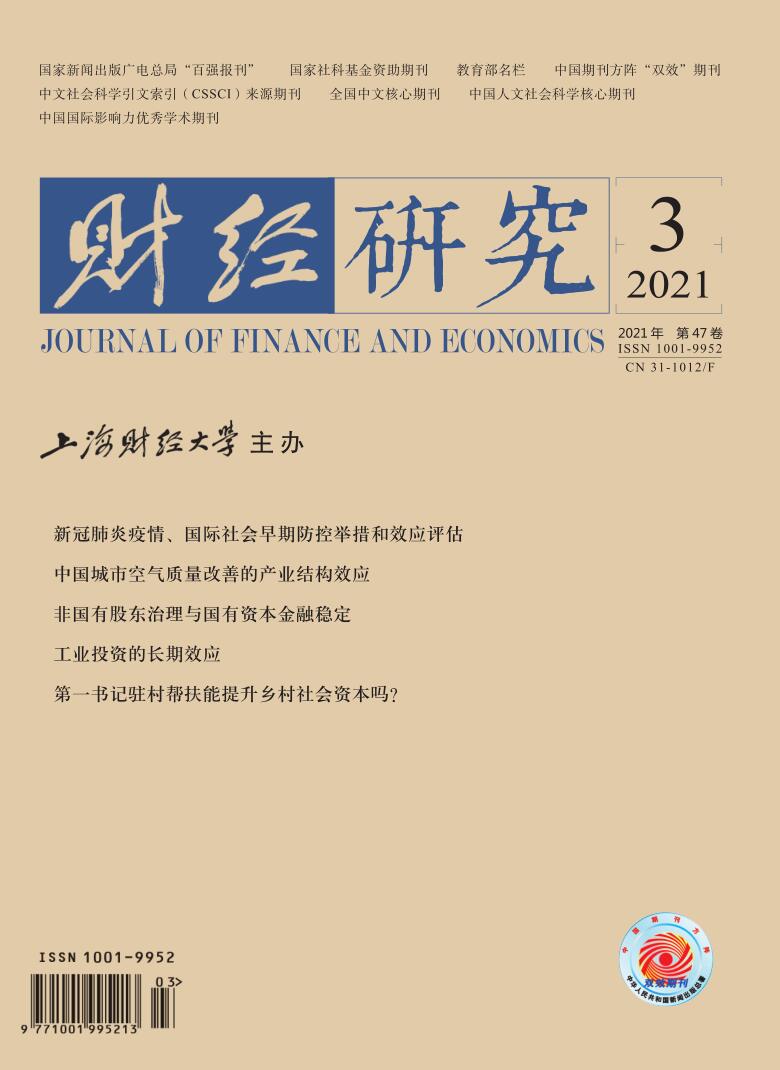In recent years, a total of 255,000 village working teams have been dispatched across the country, and more than 2.9 million cadres of party & government agencies and state-owned enterprises & institutions above the county level have been selected to serve as first secretaries or village cadres, and there are currently 918,000 cadres on duty (Xi Jinping, 2020). These cadres have become the “vanguard” in poverty alleviation and rural revitalization, and the production and living conditions in the countryside have been greatly improved due to the activities of carrying out bridges and roads, renovating village and alleviating poverty. More importantly, these cadres in villages are also at the grassroots level extensively forging ties of interest, emotion, and cooperation, so that rural households can be connected and help each other, and the relationship between cadres and groups gets closer (Han Jun, 2018). From the perspective of social capital theory, the implicit and imperceptible social trust between people, and the political trust between cadres and groups are the core elements of the collective action capacity of rural communities, which will affect the revitalization and development of rural areas at a deeper level.
In view of this, by using field experiment technology, this article selects three villages with the first secretary in Shandong as the experimental group, and selects a neighboring village with roughly the same economic and social development level and without the first secretary as the control group. It measures and compares the trust level of the two groups of tested villagers by implementing adjusted trust game experiment, and analyzes the impact of the first secretary’s assistance on villagers’ social and political trust. The study finds that villagers in the experimental group show higher social trust compared with villagers in the control group, and villagers trust the first secretary more compared with the village party branch secretary although the village party branch secretary is a local cadre and the first secretary in the village is an external force embedded in the village. Further research also finds that the work of the first secretary in the village can significantly enhance the social trust of low-trust villagers and villagers’ positive evaluation of the assistance of the first secretary in the village, especially the praise of the work of economic construction and social development is positively correlated with their trust on the first secretary. This article proposes some policy suggestions for promoting the rural revitalization strategy from the perspective of the capacity building of rural communities.





 4485
4485  4087
4087

